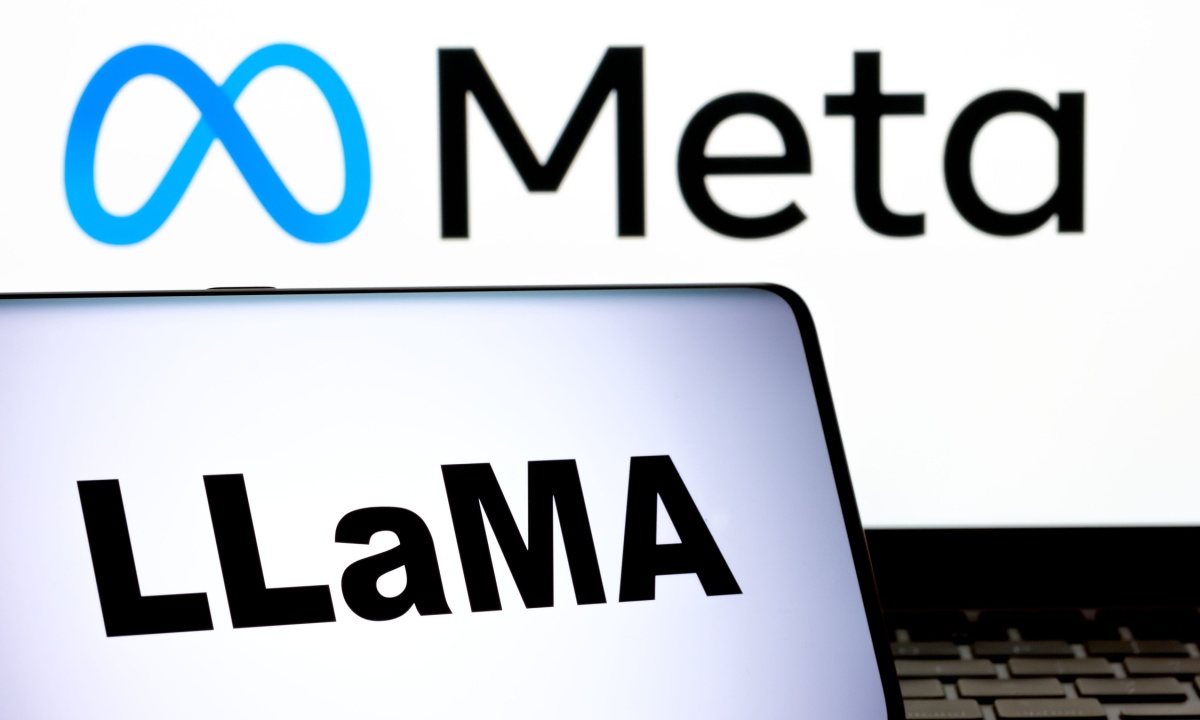Meta Enhances Voice-Activated AI with Llama 4

Meta’s Push into Voice-Powered AI
Meta Platforms Inc., well-known for its popular social media platform Facebook, is intensifying its focus on voice-powered artificial intelligence (AI). The company is gearing up to launch new advanced voice features in its upcoming Llama AI model, named Llama 4. Sources such as the Financial Times suggest that Meta envisions a future where AI agents interact through conversation rather than just text-based formats.
Investment in AI Technology
Over the past two years, Meta has committed substantial resources to enhancing its AI capabilities. CEO Mark Zuckerberg outlined a forward-looking strategy to invest as much as $65 billion by 2025. This investment aims not just to improve existing social media functionalities but also to explore new opportunities through initiatives like a premium subscription model for Meta AI. This service may focus on practical applications, such as making reservations and creating video content.
Competitive Landscape
Meta’s advancements in voice AI come at a time when other tech leaders like OpenAI, Microsoft, and Google are also aggressively pursuing AI technology. These companies are eager to commercialize their tools and derive revenue from them. In this competitive climate, Meta is considering integrating paid advertising or sponsored content into its AI assistant’s search outcomes, allowing businesses to reach users more effectively.
Enhancing User Experience
One of the key objectives behind the new voice capabilities is to foster more natural and interactive conversations between users and AI. Unlike the traditional question-and-answer format, Meta aims for a fluid exchange where users can interrupt AI responses and engage in more dynamic dialogue. Chris Cox, the Chief Product Officer at Meta, describes the upcoming Llama 4 as an "omni model" that will support direct speech without the need for voice-to-text conversions. He emphasizes the transformative potential of directly conversing with AI and obtaining information effortlessly.
AI Model Safeguards
As part of developing the Llama AI model, Meta also acknowledges the importance of setting appropriate boundaries for its AI outputs. The company is actively deliberating on whether to soften the restrictions currently applied to the information generated by its AI systems, a move that could significantly influence user engagement and satisfaction.
Voice Interaction in Smart Devices
This venture into voice AI aligns with Meta’s broader goal of creating lightweight computing devices, such as its Ray-Ban smart glasses. By promoting voice interaction, Meta envisions a future where these devices could potentially replace smartphones as the primary means of computing for consumers.
Opportunities for Businesses
Clara Shih, who leads Meta’s business AI division, expressed a desire to extend agentic AI capabilities to “hundreds of millions” of businesses. Her vision is for every business, large or small, to have a virtual assistant that can act on its behalf, similar to how businesses possess websites and email addresses today. This AI would assist in automating repetitive tasks, speaking in the business’s tone, attracting customers, and delivering a concierge-like service around the clock.
Shih also aims to make these AI services more accessible to small businesses that primarily rely on platforms like Facebook to connect with customers. As she suggests, the near future may see businesses equipped with AI that can handle customer interactions and streamline operations, enhancing user experience and operational efficiency significantly.
Summary of Meta’s Vision
Meta Platforms is strategically positioning itself at the forefront of the voice AI industry. By investing heavily in innovations and integrating these technologies into both consumer products and business services, the company aims to redefine how we interact with technology in our daily lives. The developments in Llama 4 and the broader AI landscape will likely reshape communication paradigms for users and businesses alike.




